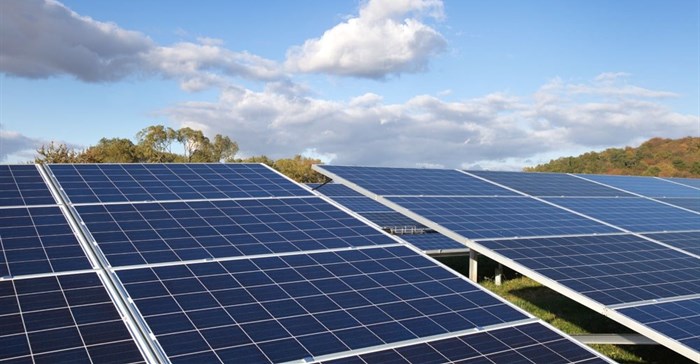
Top stories






More news


ESG & Sustainability
Redisa calls on govt to fix South Africa’s “broken” waste management system



























With South Africa spending an estimated $7bn, Ghana an estimated $700m, Kenya an estimated $12bn and Angola an estimated $23bn on new infrastructure, the African countries are investing heavily into Africa's chronic power problems. The power crisis affects 30 countries, which takes a serious toll on economic growth and productivity.
The objectives of these projects range from aiming to increase electrification rates to rehabilitating dilapidated power grids. Africa as a whole requires 7,000MW of new power generation capacity each year and therefore African governments are attempting to make it a priority to install these power needs on a yearly basis.
On local South African soil, many remote and rural locations do not have access to the grid due to the high costs of installation, whilst areas that do have access to power are affected by the unstable electricity supply. This causes a threat to small existing businesses in townships who are affected by load shedding periods.
With the growing demand for these small traders, potential entrepreneurs are discouraged to start-up due to the lack of electricity supply. As was discussed in the latest budget speech that a focal point for building economic growth and development is dependent on providing electricity to rural municipalities.
In order to protect the investment into a solar system, it is advisable to select high quality products and review the certifications and warranties. Sustainable power solutions rely heavily on high quality, reliable photovoltaic technology and the success of large scale projects could be jeopardised if inferior products are utilised.
It is for this reason that government needs to ensure that they choose partners that are able to supply superior technology that is designed to withstand the harsh and unpredictable environmental conditions experienced in South Africa. Selecting a partner that is able to fulfil the quality standards and support to make sure the investment is rewarded by decades of a smoothly running solar system is an important consideration.
Other aspects which stakeholders need to keep in mind when implementing rural electrification is choosing a well-established bankable partner. This is critical in ensuring the system will be supported throughout its complete life cycle and the company will not disappear from the market.
Examples of recent successful results of rural electrification can be seen in Bangladesh. The Bangladesh government recognised the need to improve the welfare of their rural people and stimulate the economy through the implementation of rural electrification. The project yielded positive results by increasing the income of households, lowering the rate of poverty, adding to agricultural productivity and improving off-farm income.
It is interesting to note that since 2002 the project supplied more than two million solar home systems in the countries remote rural locations as well as supported more than 650,000 new connections to the power grid. Rural electrification continues to successfully increase the living standards of the poor in Bangladesh.
Executing a non-grid electrification programme for rural municipalities is an important step for the growth of South Africa. We have noticed the positive impact that solar has had in South Africa and we are confident that the use of solar in remote locations will provide the country with long-term tangible benefits.